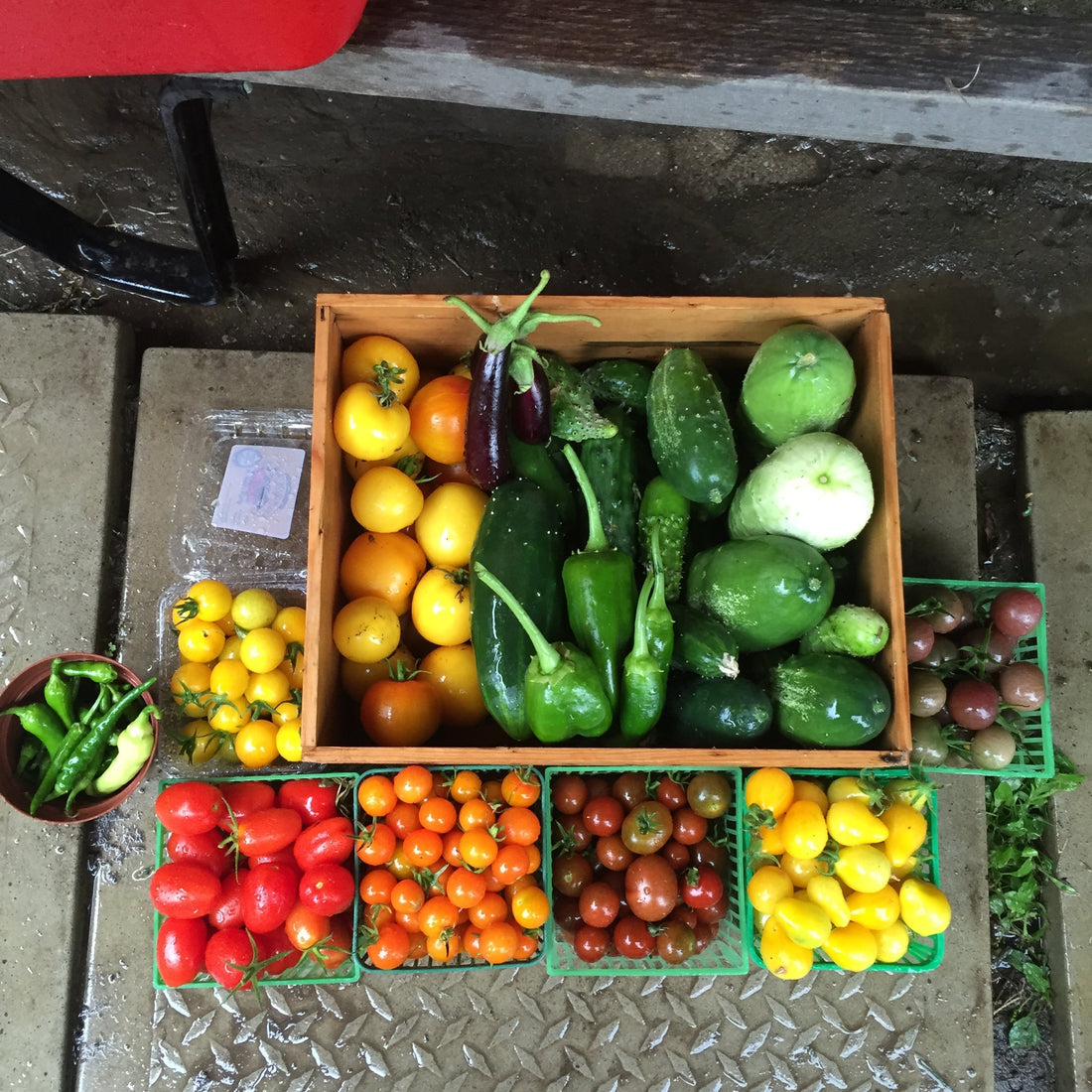
Soil Testing Urban Gradens
We field a lot of questions from folks who are interested in planting in the ground as opposed to above ground.
Planting in a raised bed (above ground) provides urban farmers some advantages such as being able to control the soil quality, and the ergonomics of not having to bend over or crouch down to tend to a garden.
Alternately, for most people, the main advantage of planting in the ground is that offers a bigger area to plant. This coupled with the fact that you are using materials and soil that is already in place appeals to a lot of gardeners. Nevertheless, the major consideration when planting in the ground is the quality of the soil. In the City, the quality of the soil can be contaminated as there's no telling what chemicals have entered the soil over time. In the City of Toronto and another major Cities across North America, there are specific urban gardening guidelines when planting in ground. Running a soil quality test is the first (easy step) to ensuring the healthiness of the soil.
In-ground buildouts should include soil quality checks and from there, taking actions to reduce risk. Some actions could include digging down and replacing with clean soil, lowering the concentrations of contaminants by adding clean soil and organic matter (compost and manure) OR installing a raised beds with clean soil.
Please view the City of Toronto guidelines here: https://www.toronto.ca/wp-content/uploads/2019/09/96a1-FromtheGroundUp_Guide-Soil-TestingOct2013.pdf
If you have any questions please follow up with us directly.